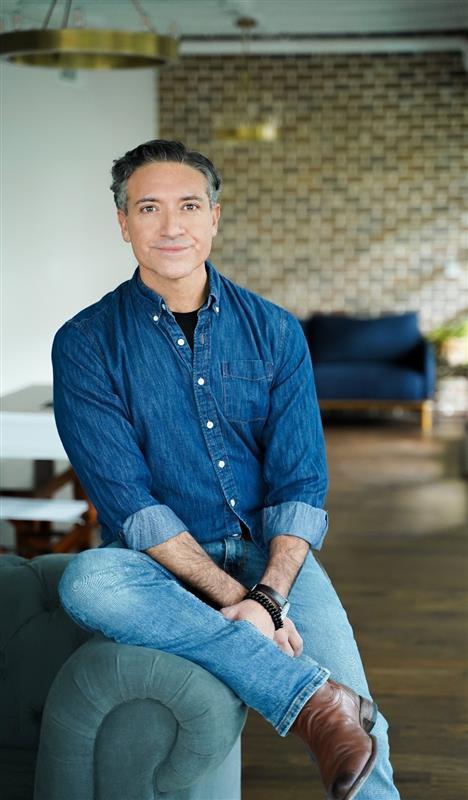
Caption
MundoNow CEO Rene Alegria joins the panel to discuss his life, his career, and the future for Hispanic Georgians.
Credit: MundoNow

MundoNow CEO Rene Alegria joins the panel to discuss his life, his career, and the future for Hispanic Georgians.
Kevin Riley, @ajceditor, editor-at-large, The Atlanta Journal Constitution
Rene Alegria, CEO, MundoNow
MundoNow began as a Spanish newspaper based out of Atlanta in 1979. It's grown to dominate the Southeast, claiming the title of "America's #1 Independently Owned Spanish-Language Digital Media Company."
Rene Alegria is an Arizona native, the second-generation Mexican-American son of a copper miner. He grew up in an environment hostile to immigrants, in what he called "The Land of Sheriff Joe Arpaio" in a Forbes interview. His upbringing inspired him to give a voice to other Hispanic writers and journalists.
/
LISTEN: Rene Alegria on his childhood in Arizona.
He's most interested in expanding peoples' perceptions of Hispanic and Latino communities, challenging negative stereotypes and reductive ideas of the "Latino" monolith. Alegria recounted his experience leaving the New York media scene and returning to share news with communities which reminded him of his Arizona childhood. He wants to relate to "the people," readers like his father, who worked blue collar jobs with a sixth-grade education.
/
LISTEN: Rene Alegria on what readers want.
In his latest effort, Alegria rebranded MundoNow from Mundo Hispanico in order to better reach more Hispanic readers. They added original content in English for younger readers who might prefer to read in that language. He pointed to the growing percentage of Hispanic youth who make up Generation Z, saying they'll play a big role in the future.
/
LISTEN: Rene Alegria on writing for the people.
Alegria often weighs in on Political Rewind on voting dynamics with Hispanic voters. He says they're no longer a "sleeping giant" of a voting bloc, noting second- and third-generation immigrants are politically motivated to make their voices and votes heard. He noted issues like DACA support can break down along national, generational and other demographic lines among Hispanic voters, bucking the American ideas that the Latino vote is monolithic.
/
LISTEN: Rene Alegria on future Hispanic voters.
Friday on Political Rewind: Playwright Alfred Uhry joins the show.